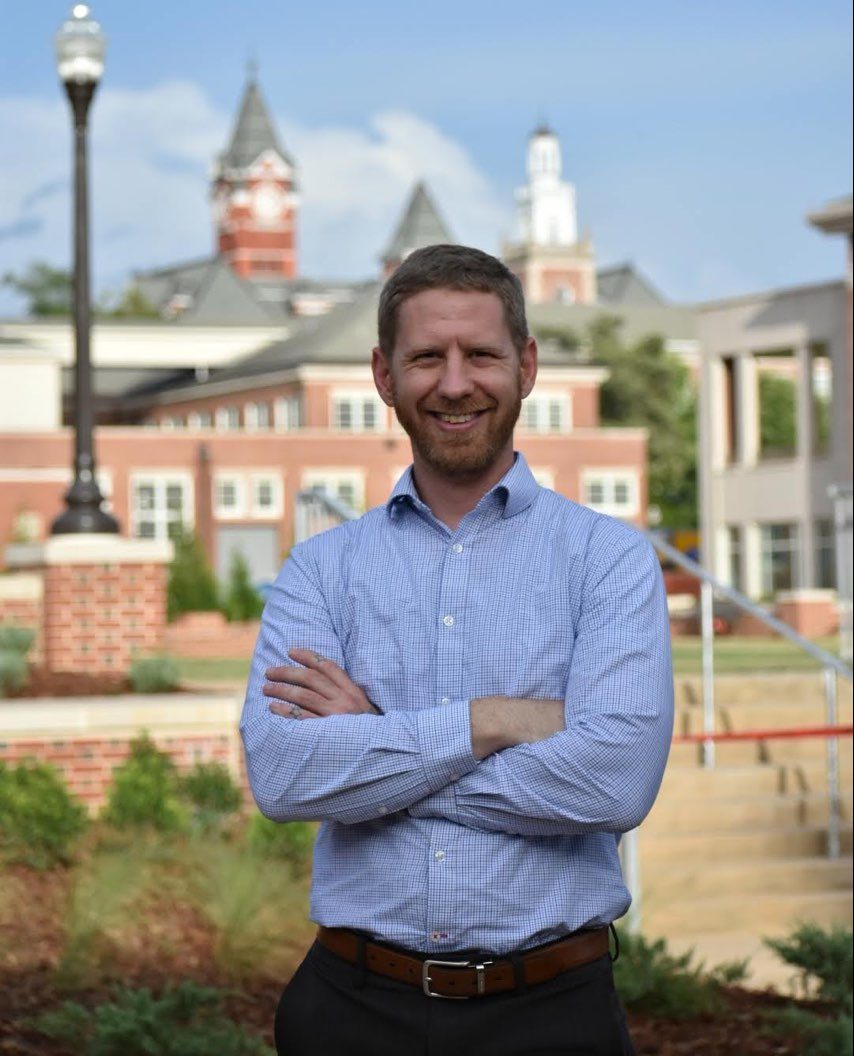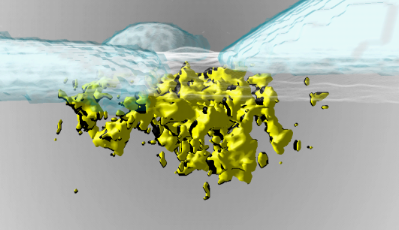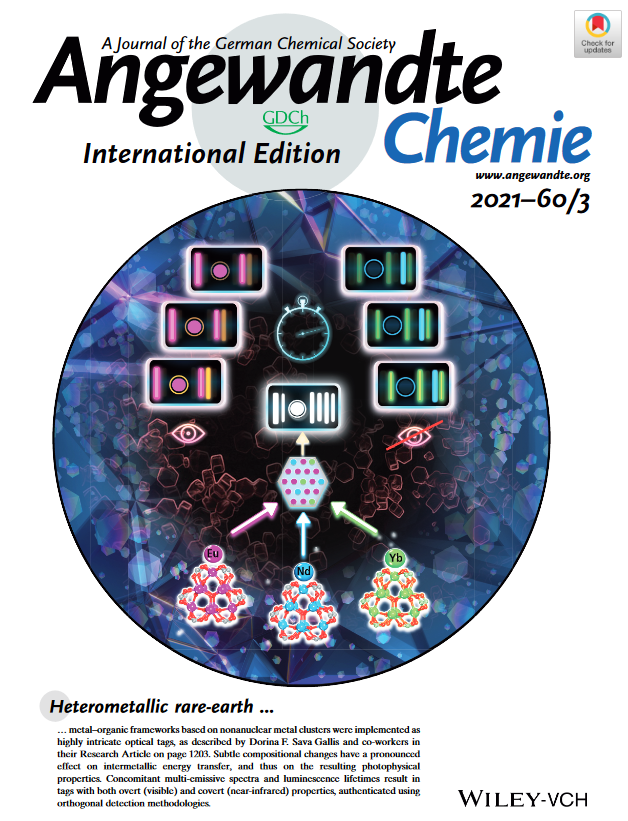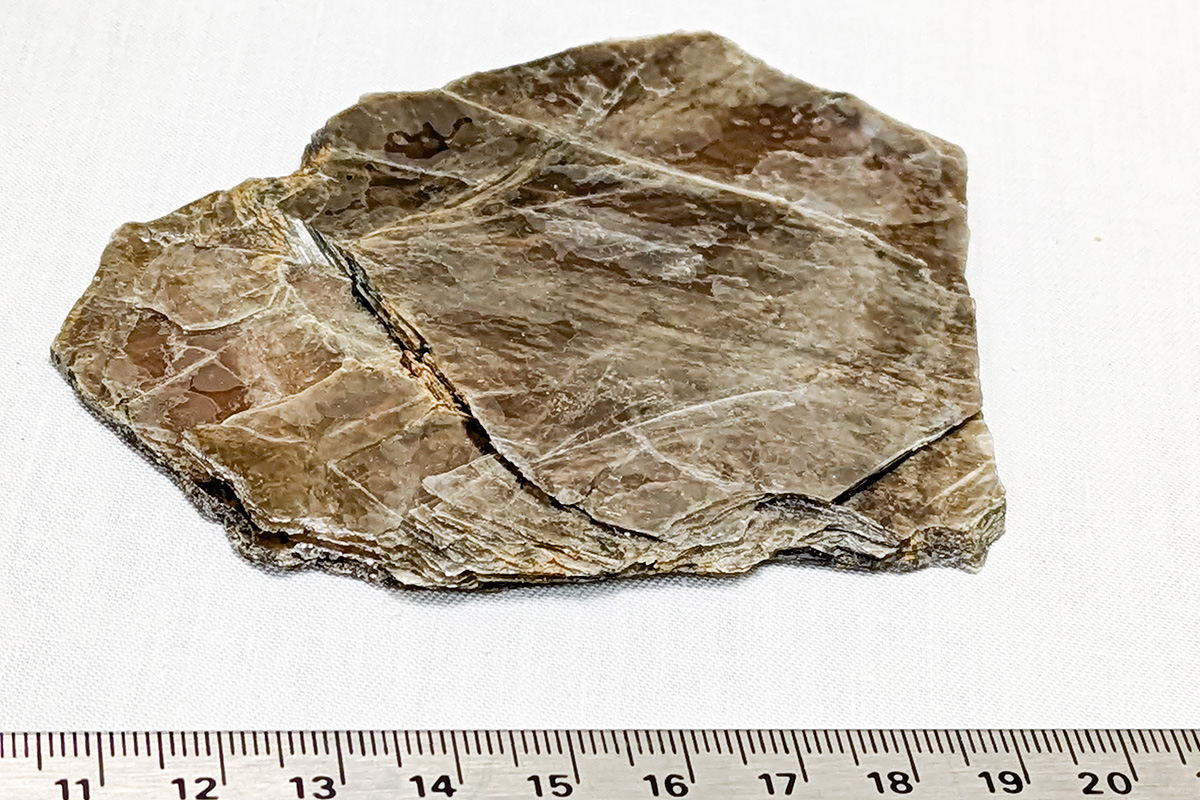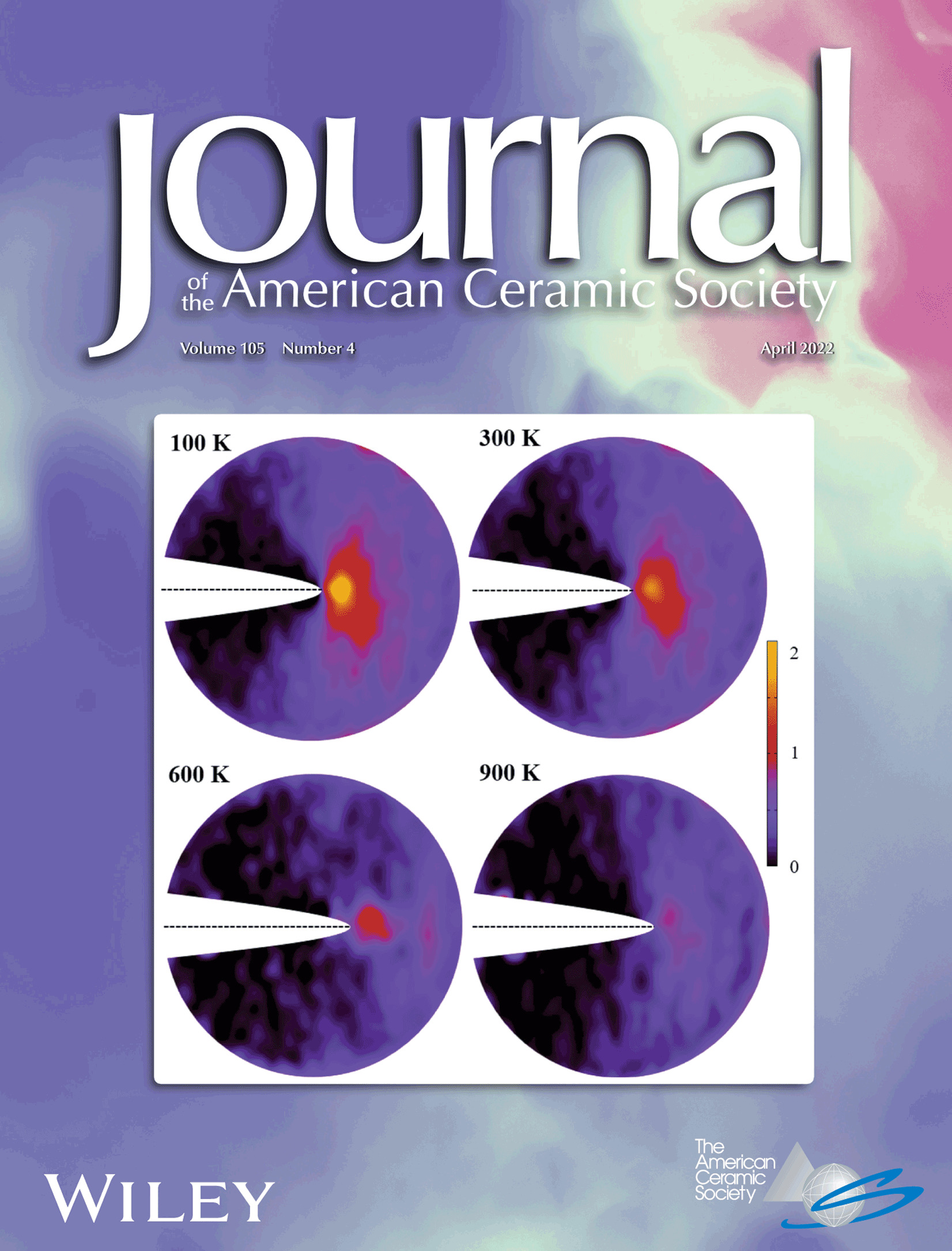News Article, June 22, 2023 • Jonathan Pegues, a researcher in Sandia’s Coatings & Additive Manufacturing department, was approved to be the first formally approved Sandia outbound Faculty Loan joint appointee. Pegues’ joint appointment is an agreement between Sandia and Auburn University’s (AU) National Center for Additive Manufacturing Excellence (NCAME). The NCAME is a collaborative effort...
